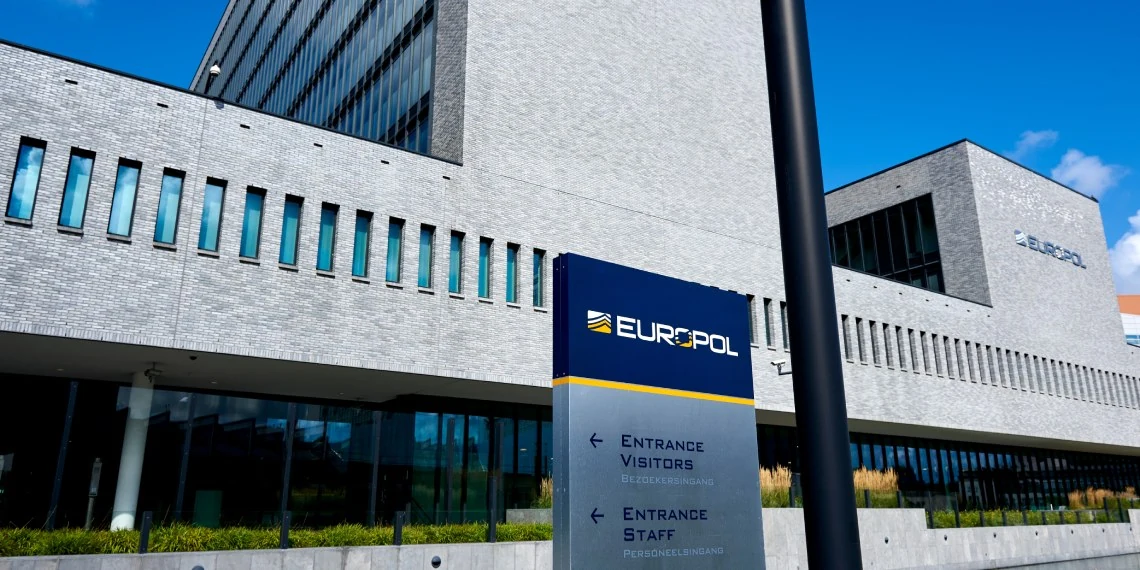Europol Wants Tech Giants to Roll Back End-to-End Encryption
A joint statement by Europol and the European Police Chiefs asks governments and tech giants to limit end-to-end encryption on social networks. According to the European police force, end-to-end encryption often prevents law enforcement from gathering relevant proof.
The statement has received criticism from different corners. Civil rights activists, in particular, warn against mass surveillance by police forces and point out that pushing back against end-to-end encryption will diminish people’s online privacy.
Encryption “prevents” online law enforcement
With end-to-end encryption, private data and online communication gets encrypted to the extent that third parties don’t have access to private communication. This includes tech companies and social networks that generate user content.
According to Europol, encryption on social media forms an obstacle for law enforcement agencies. National and international police forces do not have sufficient access to online content, which, according to the European police force, compromises public safety.
This would mean that online criminals have too much freedom to engage in all sorts of illegal online activity, including child abuse, financial crimes, drugs trade, and human trafficking.
Europol’s Executive Director Catherine De Bolle has provided the following statement:
“Our homes are becoming more dangerous than our streets as crime is moving online. To keep our society and people safe, we need this digital environment to be secured. Tech companies have a social responsibility to develop a safer environment where law enforcement and justice can do their work. If police lose the ability to collect evidence, our society will not be able to protect people from becoming victims of crime.”
Encryption vs. safety
Debate about end-to-end encryption is nothing new. Law enforcement services have been requesting special access to encrypted material for a while.
This particular declaration calls for security by design, that is, “flexibility from industry as well as from governments.” Solutions will differ per platform, but the Police Chiefs call for governments to put in place frameworks that would provide them with lawful access.
However, civil rights organizations are not shying away from critique: they see the Europol declaration as part of a growing trend of mass surveillance and warn that taking action against end-to-end encryption infringes upon people’s right to privacy.
Journalists, politicians, lawyers, and citizens should all have the freedom to communicate without excessive government oversight. The European Digital Rights (EDRi) group points out that police forces operate in a “golden age” of surveillance and encryption does not prevent them from doing their work.
A potential middle-ground may be found in new forms of encryption, including homomorphic encryption, which can scan and analyze encrypted content. However, this new tech has its own security risks and concerns.
Best VPN

30-day money back guarantee










